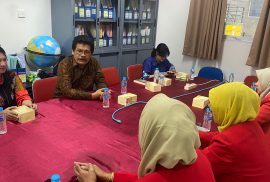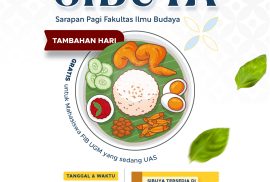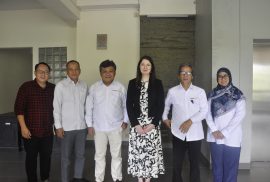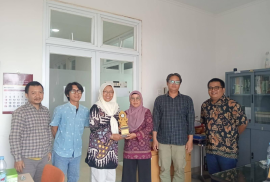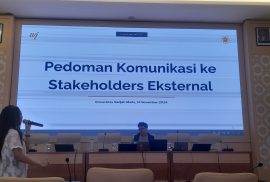Yogyakarta, November 14, 2024 – Faculty of Cultural Sciences (FIB) Universitas Gadjah Mada (UGM) enthusiastically welcomed the working visit of Department of Indonesian Literature, Faculty of Arts, Universitas Hasanuddin (Unhas) on November 12-13, 2024. This visit is part of the efforts to implement the cooperation between the two faculties, which covers the fields of education, research, and community service.
This activity is an important momentum for FIB UGM to strengthen synergies and explore new collaboration opportunities with Unhas. The main discussion focused on the development of the BIPA (Indonesian Language for Foreign Speakers) curriculum and the formulation of joint program implementation strategies that are expected to improve the quality of teaching and student learning experiences.
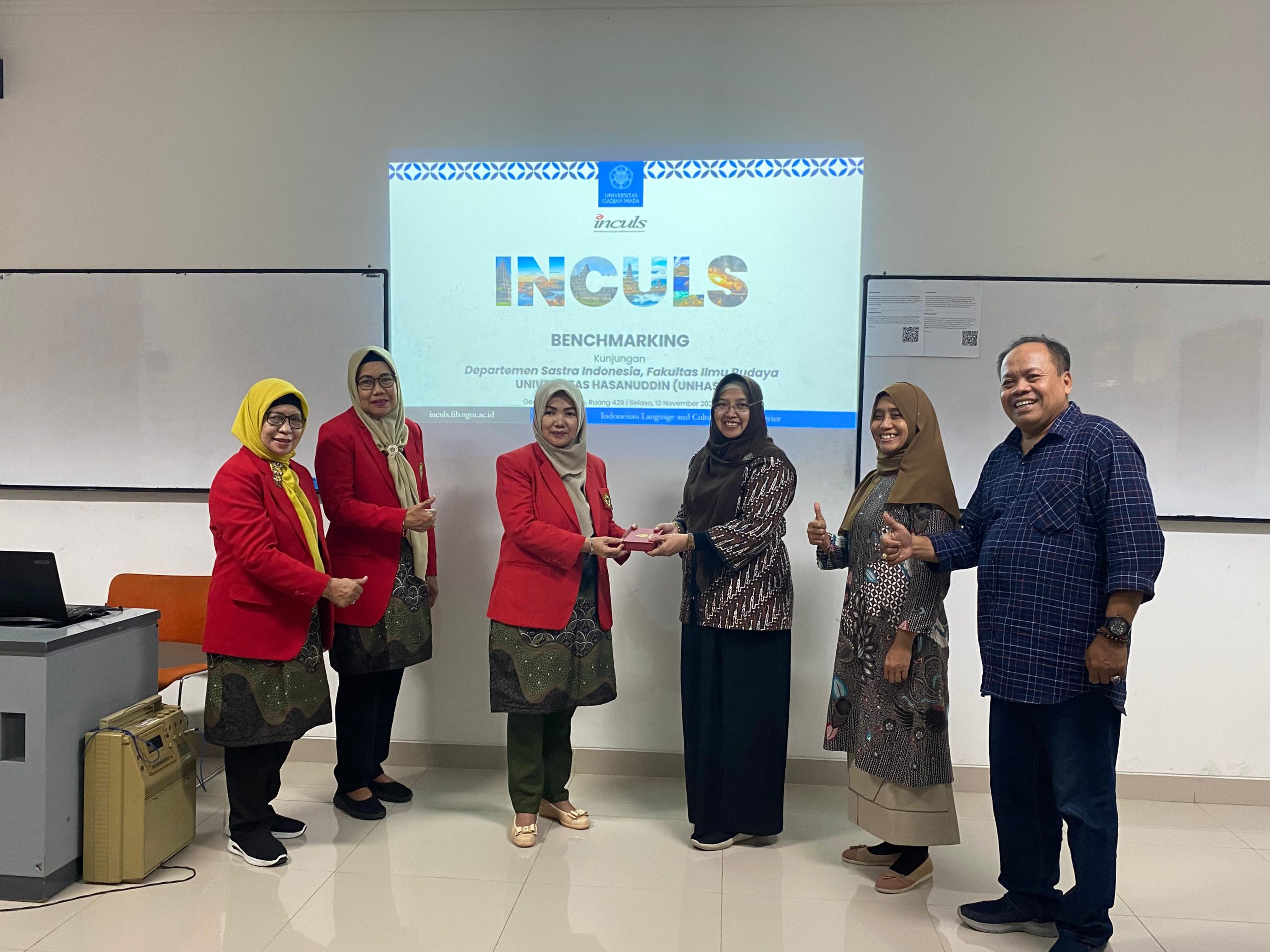
The team from Unhas who attended this working visit was led by Dr. Munira Hasjim, S.S., M.Hum, Head of the Indonesian Literature Department, accompanied by Prof. Dr. Nurhayati, M.Hum, and Dr. Inriati Lewa, M.Hum. Their presence was warmly welcomed by the lecturers and academic staff of FIB UGM, as well as representatives of the Indonesian Language and Literature Study Program.
The Dean of the Faculty said that this visit was a form of the Faculty’s commitment to continue to open itself to innovative and mutually beneficial cooperation. “We really appreciate the arrival of the team from Unhas. This is a real step to implement programs that can support the achievement of the main performance indicators of the faculty, as well as strengthen collaboration between faculties,” he said.
In addition to discussions on BIPA, this visit was also a forum to exchange views related to challenges and opportunities in the development of education and research in the field of language and literature. With this meeting, FIB UGM is optimistic that it can build a more solid collaboration with FIB Unhas, which in turn will enrich academic experience and expand networks in the field of Indonesian language and literature studies.

